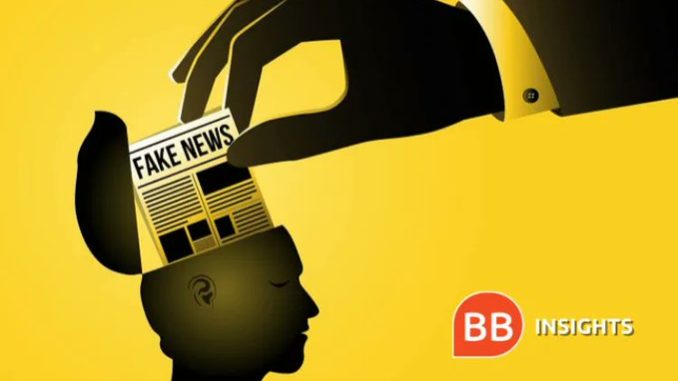
Bocconi University’s Gaia Rubera is an expert on how big data, AI, and social media influence our opinions and the way we think. But how are they used to hack democracy?
Can democracy be hacked? That is, can how we think and what we think be influenced without our knowing?
It’s a question that’s been on the mind of Gaia Rubera, head of the Department of Marketing and Amplifon Chair in Customer Science at Bocconi University, for a while, and one that’s become increasingly important in recent years.
For Gaia, the use of big data, artificial intelligence (AI), and social media to interfere in elections and drive the spread of misinformation has worsened over the last several years and poses a serious threat to society.
How big data, AI, and social media are used to hack democracy
There are three main uses cases for big data, AI, and social media when it comes to influencing democracy.
The first is in the mold of Cambridge Analytica, the consulting firm that in the 2010s harvested the personal data of up to 87 million Facebook profiles without users’ consent, to be used primarily for political advertising.
“Someone collects data, and these data are used to feed a machine learning algorithm that is then used to profile people,” explains Gaia. “Once you identify these people, you’re able to micro target them.”
Gaia is set to discuss the Cambridge Analytica case during a free online Masterclass in Data Science she’s hosting on March 30. She’ll also be discussing the use of social bots in infodemics, and why it’s challenging for current Machine Learning models to detect them.
